Southern African Conservation Trust
INTRODUCTION TO THE COLLAR A LION PROJECT
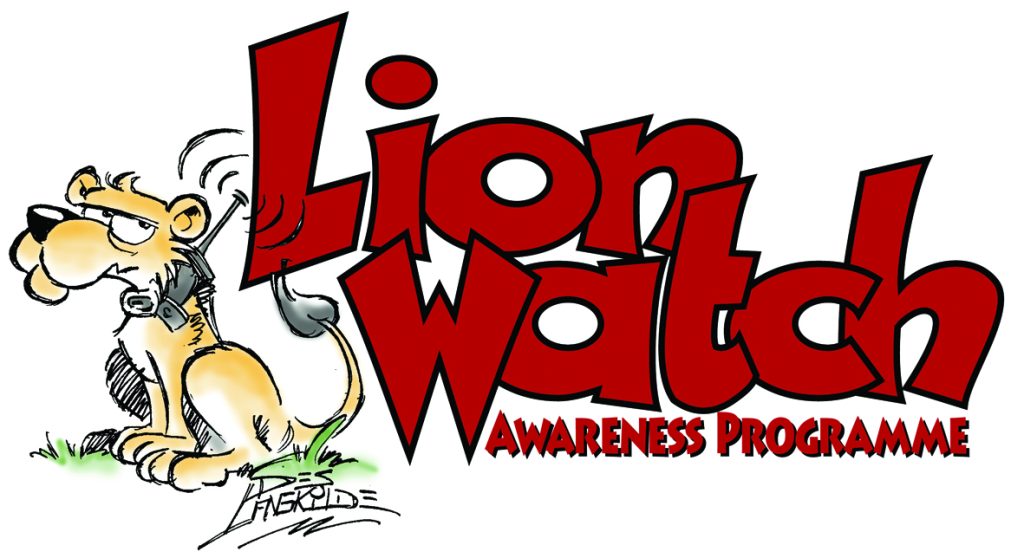
The Collar A Lion project is an initiative aimed at conserving lions and promoting understanding of their importance in the ecosystem. The project has seen a positive start, with several sponsors already on board. These sponsors have played a significant role in propelling the project’s goals forward.
Among the notable sponsors are Gavin Courtenay, CEO of African Risk Transfer Mauritius, Simon Espley, CEO of Travel & Conservation Company Africa Geographic, and the Southern African Conservation Trust. Individual contributions also include personal sponsorships and donations, such as those from Kobie van der Westhuizen, Tertius Boshoff, and David Rosen in memory of his late father, Leonard Rosen.
Special thanks to
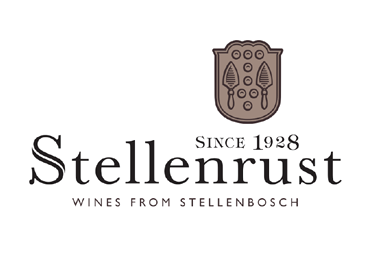
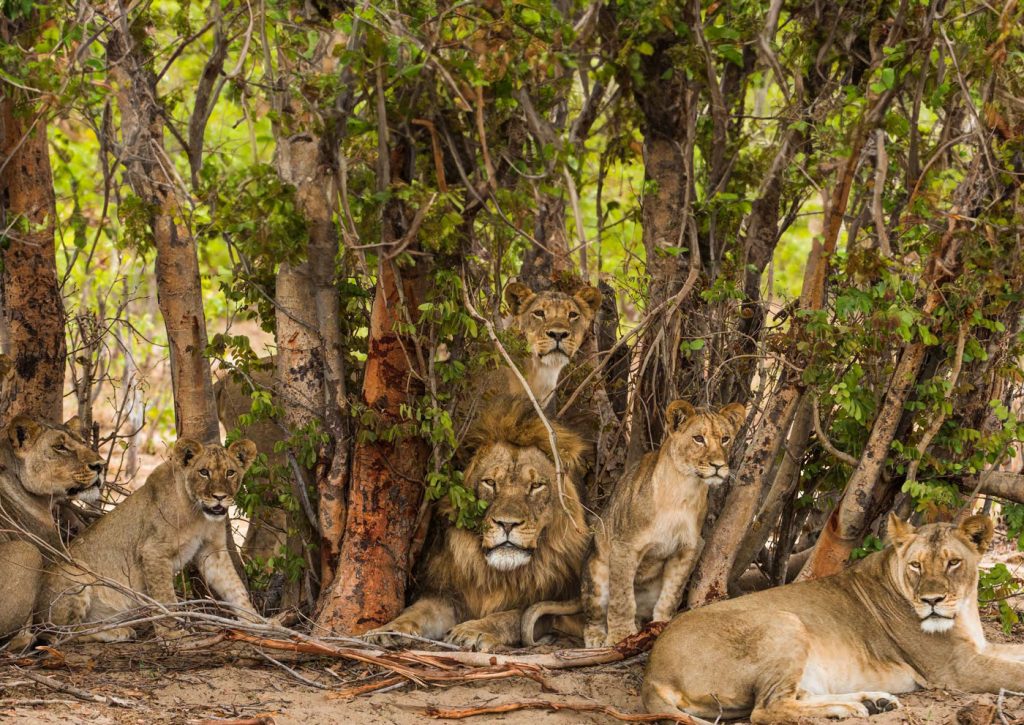
Our Vision
An Africa where communities and wildlife live together in harmony as an integrated ecosystem.
Our Mission
To understand the fundamental drivers of conflict between communities and wildlife and to be creative in developing and implementing sustainable solutions.
Our Values
Professional
Adopt the highest international standards in all our work
Innovative
Use technology and best practices from many fields to find creative solutions
Trustworthy
Be transparent, accountable and ethical
Inspiring
Excite others to follow and support our vision
Caring
Show we care for the people, communities, wildlife and
ecosystems of Africa
Professional
Adopt the highest international standards in all our work
Innovative
Use technology and best practices from many fields to find creative solutions
Trustworthy
Be transparent, accountable and ethical
Inspiring
Excite others to follow and support our vision
Caring
Show we care for the people, communities, wildlife and
ecosystems of Africa
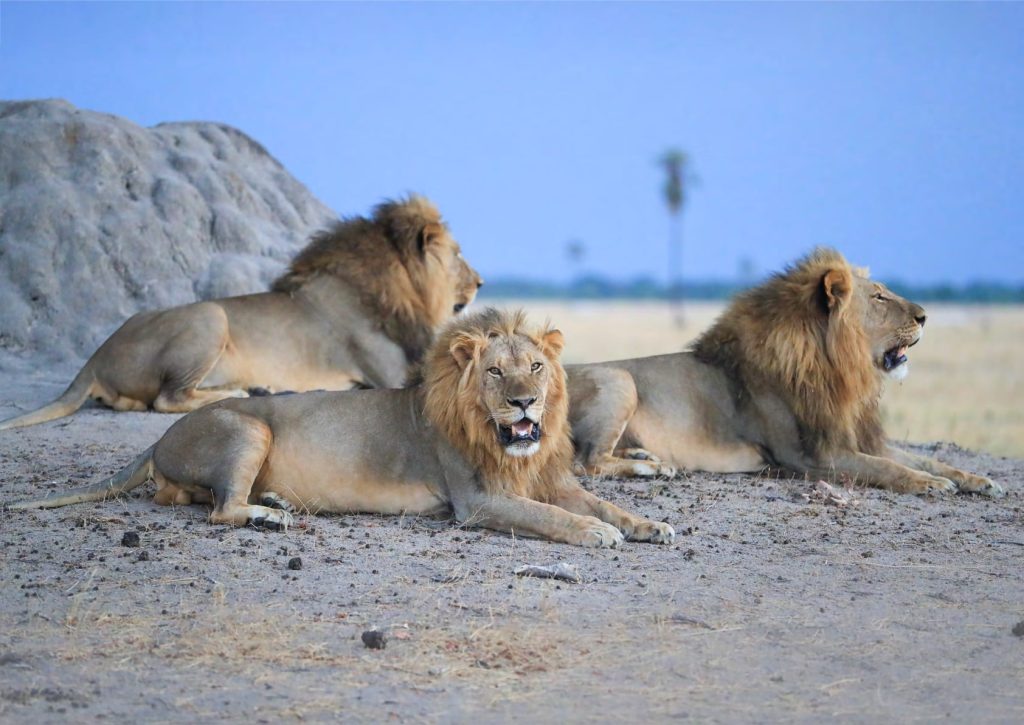
EDUCATION AND AWARENESS
One of the key components of the Collar A Lion project is its focus on education and awareness. The project’s original educational lion comic, first distributed in 2012, is set to be updated and re-released.
Vusa, the lion guardian comic plays a crucial role in spreading valuable information to rural schools located near protected areas. It educates families on the importance of coexisting with wild lions, thereby fostering understanding and reducing potential conflicts.
Researchers at Nelson Mandela University are exploring the effects of confined habitats on African wild lions in small, fenced reserves across South Africa. This study investigates how population isolation and fragmentation, induced by fencing, impact the creatures’ spatial and social behaviours. Lions within the Pilanesberg Game Reserve, Marakele/Marataba, and Hluhluwe Imfolozi Game Reserve are at the centre of this research, shedding light on the effects of fencing on dispersion and genetic diversity.
A comparative study with lions in the open expanses of Kruger National Park is integral to this research. By contrasting the behaviours and social dynamics of lions in fenced reserves with those in open environments, the study aims to uncover the nuanced effects of management practices on the animals’ aggressiveness, territoriality, and kinship amongst prides. These insights are pivotal in enhancing our comprehension of these magnificent beasts and in refining conservation strategies moving forward.
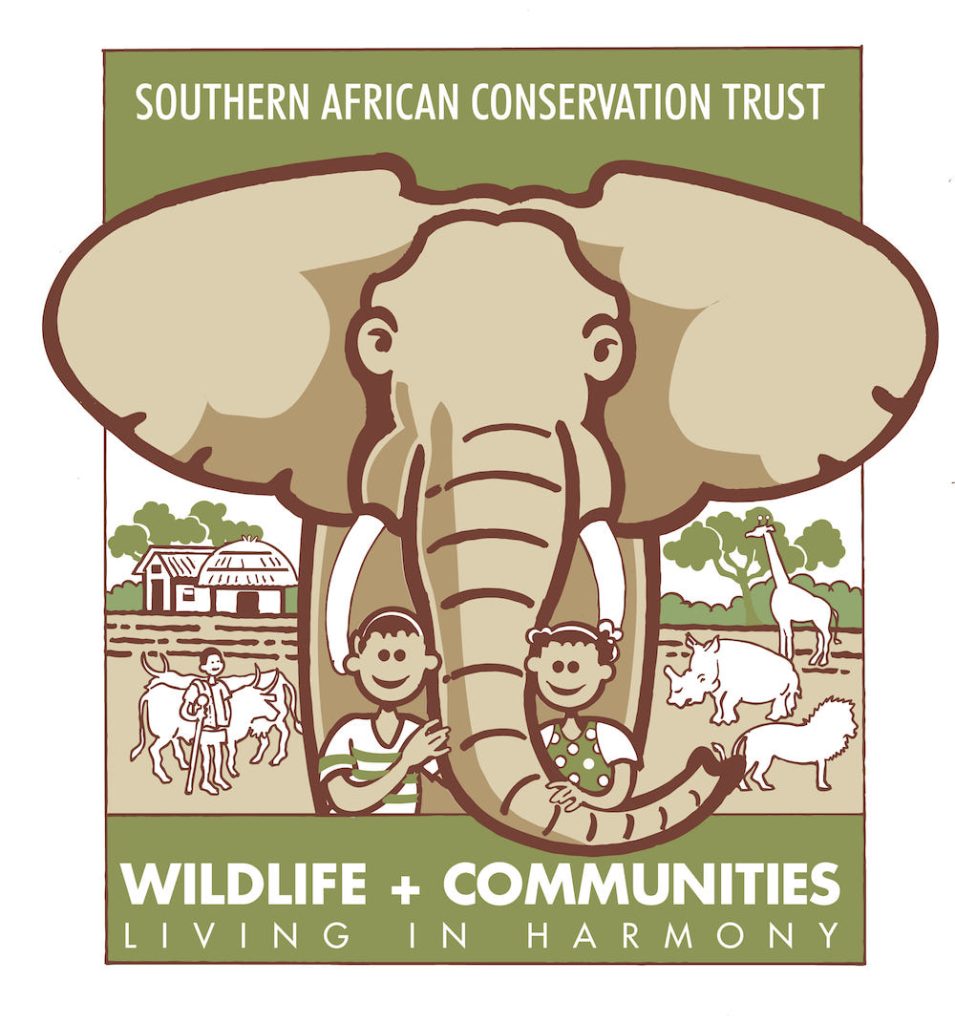
SCIENCE AND HUMAN-LION CONFLICT
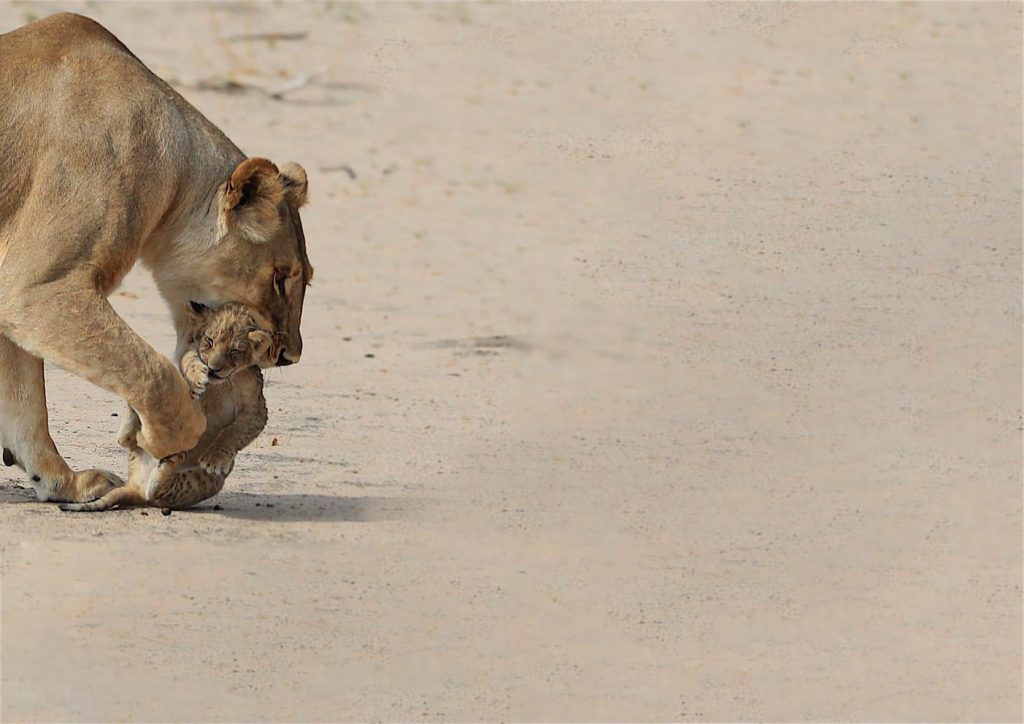
A significant aspect of the Collar A Lion project is understanding and managing the human-lion conflict. By delving deep into the science of lion behaviour and movements, the project seeks to find solutions that can prevent confrontations and ensure the safety of both humans and lions.
The majestic nature of the African lion and its role in the ecosystem is celebrated, but it’s equally important to address the challenges that arise from their interactions with local communities. Through a combination of passion for conservation and scientific research, the project aims to strike a balance between lion conservation and human safety.
ROLE OF THE SOUTHERN AFRICAN CONSERVATION TRUST (SACT)
The Southern African Conservation Trust (SACT) plays a pivotal role in the Collar A Lion project, especially in the use of technology for conservation efforts. A primary method employed is fitting satellite GPS collars on dispersing lions, particularly on males aged between 2 and 3 years.
These collared lions provide invaluable data on their movements, especially when they travel long distances in search of new territories. Such information is crucial for understanding routes for corridors between protected areas and ensuring the genetic diversity of lion populations. The collars also help in monitoring lions that might cause conflicts with nearby communities.
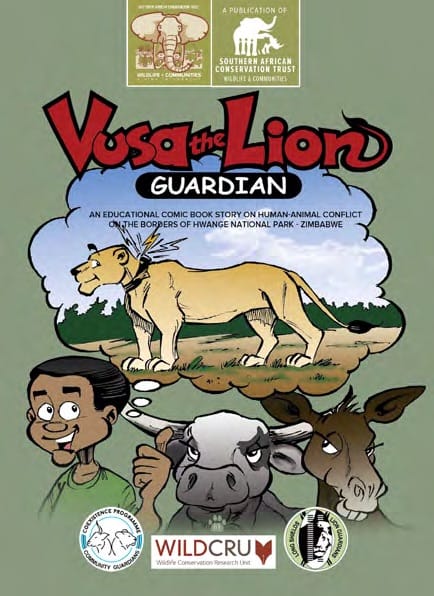
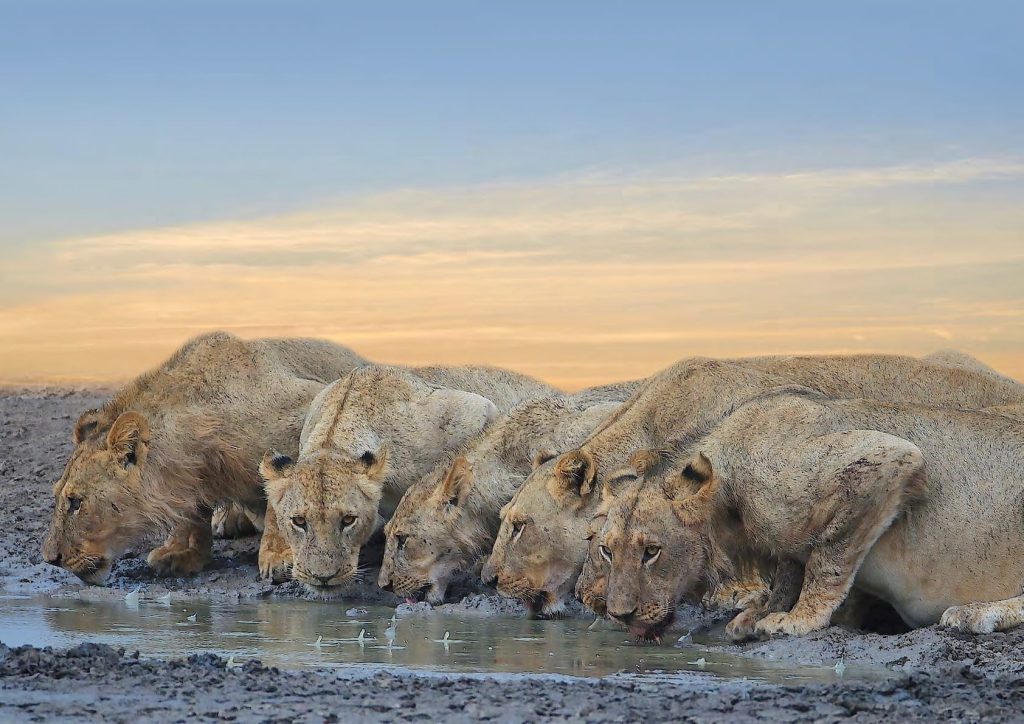
COMMUNITY COLLABORATION
Collaboration with local communities is at the heart of the Collar A Lion project. The Trans Kalahari Predator Project team, WILDCRU – Wildlife Conservation And Research Unit – Oxford and SACT have established a system wherein they closely monitor lion prides situated on park boundaries, which are often in proximity to human settlements.
Thanks to the GPS satellite collars, the team can provide an early warning system to the communities, informing them about the whereabouts of lions. This not only allows locals to safeguard their livestock but also ensures that any potential threats from lions moving out of protected areas are swiftly addressed. In some cases, the team takes proactive measures to deter lions from community lands and guide them back into the protected areas.
How to set up your sponsorship
SA Rand account: Southern African Conservation Trust, Absa Bank, Branch 631826, account number 4097119050.
As a South African sponsor, you will receive a section 18a tax certificate for submission to SARS as confirmation of your donation to a registered PBO for company or personal income tax concessions.
US Dollar account: Southern African Conservation Trust, Swift Code ABSAZAJJ, account number 647875-USD-1057-01. PayPal account: donate@satibtrust.com (reference: collar a lion).
As an international sponsor, you will receive an invoice as confirmation of your sponsorship.
An application to GLOBAL GIVING in the USA for accreditation is pending. International enquiries to our USA trustee david.rosen@sactrust.org
Please inform one of the following of your sponsorship – giving your name and preferred contact details – so that we can personally acknowledge your investment:
- Brian Courtenay of SACT – elephant@satib.co.za
- Tertius Boshoff of Stellenrust – tertius@stellenrust co.za
- Kobie van der Westhuizen of Stellenrust – kobie@stellenrust.co.za ·
- Gavin Courtenay of ART – gavin@africanrisktransfer.com
- Anthony Courtenay of SATIB – acourtenay@satib.co.za
CONTACT US



